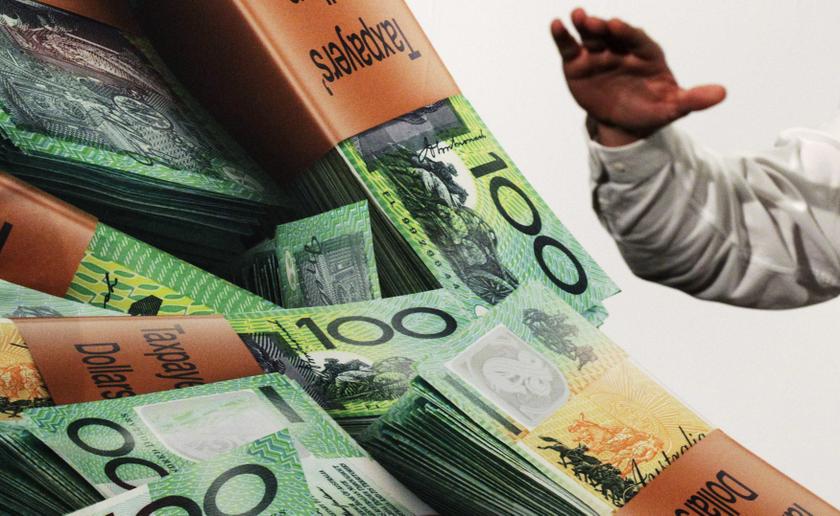TOKYO, May 14 — The dollar held onto gains against major currencies today after US Federal Reserve Chairman Jerome Powell dismissed speculation that policymakers will adopt negative interest rates.
The Australian dollar was under pressure before closely-watched data on the jobs market, which may help determine how much more monetary and fiscal easing is necessary to support the economy.
The focus will shift to economic data from the United States and Europe in the next two days for more clues on the depth of the downturns there, while investors will closely watch China activity gauges for signs on how long it may take to emerge from the sharp shock caused by the coronavirus outbreak.
“The dollar managed to bounce back after Powell’s comments on negative rates, but now the dollar’s bias is fairly neutral,” said Takuya Kanda, general manager of the research department at Gaitame.com Research Institute in Tokyo.
“There could be some safe-have flows into the dollar, but everyone is facing the same economic problems caused by the coronavirus.”
The dollar traded at US$1.0818 (RM4.69) against the euro today following a 0.3 per cent gain in the previous session.
Against the pound, the greenback was quoted at US$1.2238, close to a five-week high.
The dollar bought 0.9722 Swiss franc after gaining 0.3 per cent yesterday.
The greenback was little changed at 106.91 yen.
Powell became the latest in a parade of policymakers to brush off the notion that they might push rates into negative territory, after Fed futures began pricing a small chance of sub-zero US rates within the next year.
“The committee’s view on negative rates really has not changed. This is not something that we are looking at,” Powell said yesterday, referring to the Fed’s policy-setting Federal Open Market Committee.
Powell spoke in response to a question after offering a sobering assessment of US economic outlook in a closely-watched speech.
The United States and other countries are easing restrictions to allow factories and shops to open again for business, but there are significant risks of a second wave of infections and a full-fledged economic recovery is likely to remain distant until a vaccine for the coronavirus is available.
US data on weekly jobless claims due later today and a survey on US manufacturing due tomorrow should offer more clues about the economic outlook.
The Australian dollar eased slightly to US$0.6449 as traders braced for data at 0130 GMT expected to show a large increase in unemployment (Reuters poll forecast 575,000) due to the coronavirus pandemic, which would bolster expectations for further stimulus measures.
Across the Tasman Sea, the New Zealand dollar traded at US$0.5991. The kiwi tumbled by more than 1 per cent yesterday after the Reserve Bank of New Zealand flagged the possibility of negative interest rates.
New Zealand’s government is expected to present its budget later today, which will offer fiscal stimulus to offset the economic damage caused by the pandemic. Many investors await China’s release tomorrow of data on industrial production, retail sales and investment to measure how quickly the world’s second-largest economy is recovering from its first contraction in decades in the first quarter.
The novel coronavirus first emerged in China late last year and has since spread across the globe, paralysing economic activity.
Traders in the euro are also focused on the release of preliminary first-quarter gross domestic product data tomorrow to assess the scale of the damage caused by the outbreak. — Reuters






















